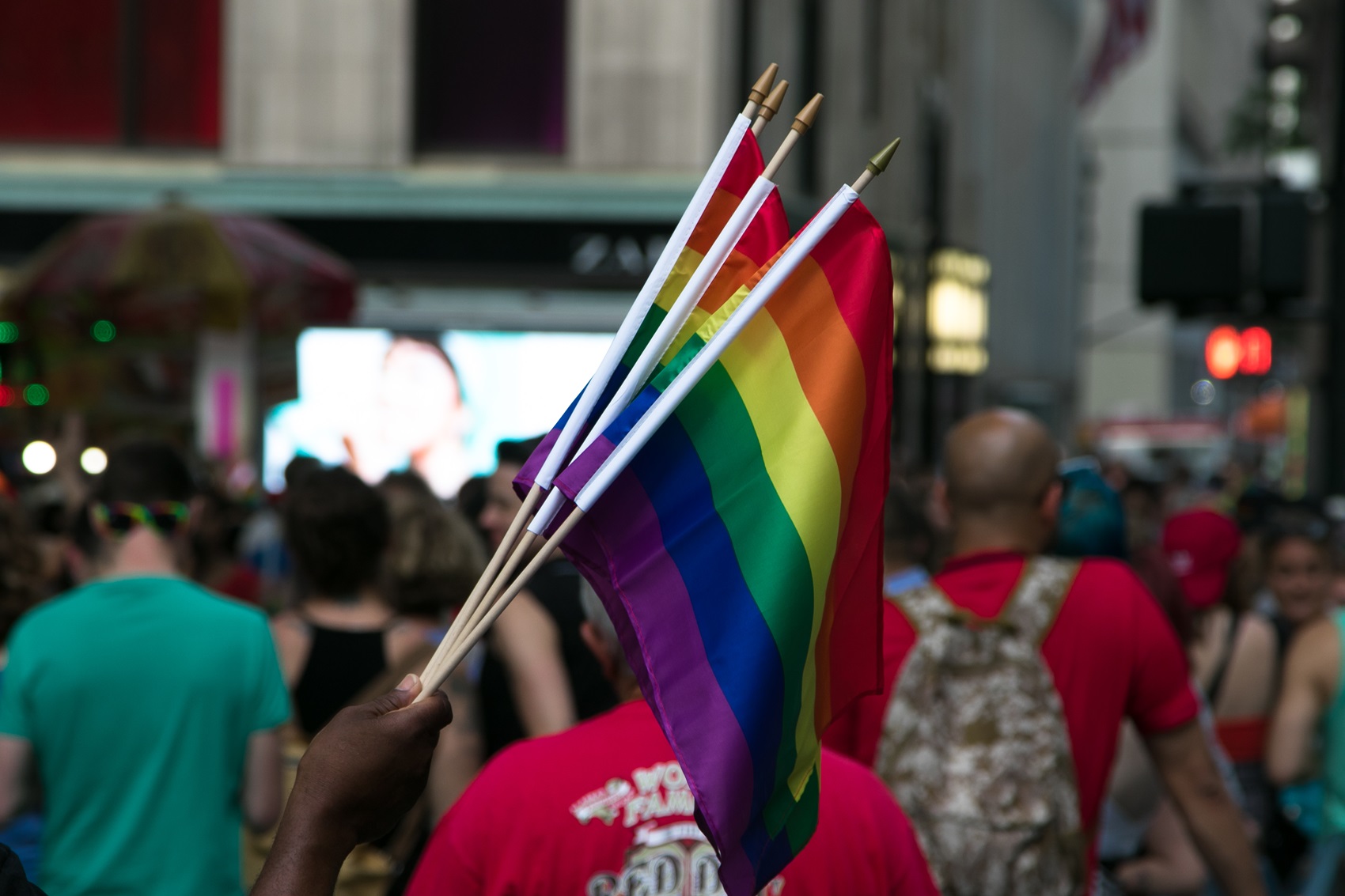
With Pride month recently concluded, it spotlights a critical moment in the evolving landscape where tensions between the LGBTQ community and religiously affiliated educational institutions have deepened. This juncture has witnessed a surge in advocacy groups representing LGBTQ interests filing complaints against their respective universities in Federal or State courts. Conversely, institutions, fortified by religious exemptions, have responded with their own legal battles, sparking a complex series of disputes within the sphere of higher education.
Among these disputes, one prominent case stands out: Guilot, et al, V. Whitehead, et al., concerning Seattle Pacific University (SPU). This lawsuit revolves around SPU’s steadfast refusal to alter a policy prohibiting the hiring of individuals in same-sex relationships, leading a coalition of students, faculty, and staff (“Plaintiffs”) to sue the University’s Board of Trustees for their stance. The 56-page Complaint filed by the Plaintiffs delineates the trustees as “powerful men who use their positions… to advance the interests of a religious denomination at the expense of the students, alumni, staff, and faculty of the university.” Despite prolonged dialogues, protests, and walkouts involving various stakeholders, the Board remained resolute, reaffirming their discriminatory policies within the employee handbook.
In response to mounting pressure, the Washington State Attorney General initiated an investigation into whether SPU’s policies breached the State’s workplace discrimination laws. SPU countered by filing a lawsuit against the Attorney General, asserting their First Amendment rights to uphold matters of faith and doctrine, employ individuals who align with their religious beliefs, and appoint clergy without government intervention.
Similar controversies have arisen at other universities, such as the case involving Yeshiva University in New York City toward the end of 2022. Here, the institution confronted a group named “Pride Alliance,” seeking official recognition as Yeshiva University’s Pride Alliance. As an Orthodox Jewish institution, Yeshiva argued that the determination of recognizing such alliances should be left to internal governance rather than external regulation.
This legal confrontation poses a fundamental question regarding First Amendment rights and established religious precedents. In a pivotal moment, Supreme Court Justice Sotomayor’s brief supported Yeshiva’s refusal to recognize the Pride Alliance Group.
Both these cases epitomize an escalating struggle between religiously affiliated educational institutions and LGBTQ advocacy groups. The collision between deeply held religious beliefs and the call for exclusivity and equality underscores a complex and contentious intersection within the realm of higher education.
The clash between the principles of religious freedom and the pursuit of LGBTQ rights has become a multifaceted issue, requiring delicate consideration of legal, ethical, and social dimensions to navigate this complex terrain effectively. As these conflicts persist, the ongoing dialogue and legal battles continue to shape the landscape of higher education, impacting the rights and liberties of all involved parties.
In times of LGBTQ+ discrimination at universities, seeking the guidance of a knowledgeable attorney can provide invaluable support and legal recourse, fostering a safer and more inclusive educational environment for all students. The Hahn Legal Group, APC has an extensive history representing students and can be reached at (310)706-3400.

